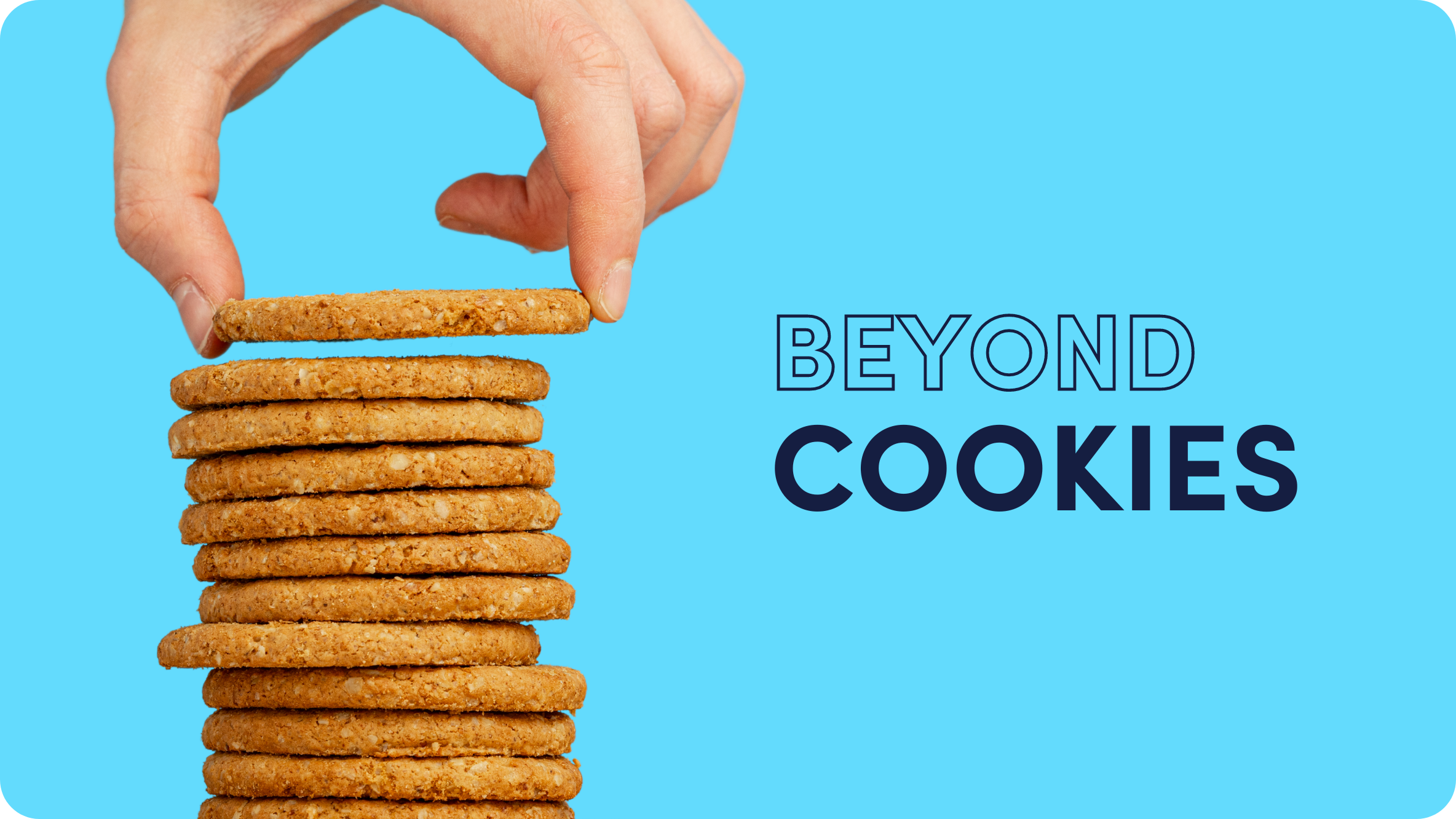5 Stress Management Tips for Marketers

For marketing professionals, bouncing between a full email inbox, endless social media notifications and the newest trend reports can leave you with little time to spare. What’s more, the shift to working from home has left 73 percent of marketers feeling burned out.
Burnout can quickly turn into chronic stress as a marketer, a profession that requires you to always “be on” and engaging with followers regardless of whether or not you’re on the clock. Yet, in How to Free Yourself From Stress, health experts suggest that this chronic stress can have detrimental effects:
“In cases like these, the constant physiological response wears us down, affecting several major biological systems. Our stores of energy drain. Our bodies produce fewer infection-fighting T-cells, so our immune systems become weak, making it easy for illnesses and diseases to push their way into our lives.”
If you’re feeling the pressure mounting, it may be time to reevaluate how you manage your own self and day-to-day workload – both in and out of the office. Use these strategies to alleviate some of the common stressors faced as digital marketers without losing your competitive edge.
1. Leverage automation tools
How much of your time is spent scheduling social media posts, deploying email campaigns, or managing paid media budgets? Many of these tasks, while complex, can be automated through various automation features that most marketing tools now come with. As the cliche adage goes, it’s time to work smarter – not harder.
In fact, in the Email Marketing and Marketing Automation survey from GetResponse and SmartInsights, 30 percent of those surveyed said the number one benefit of automation is saving time.
Instead of doing all the heavy lifting yourself, use automation to:
- Send emails and social updates at the best times
- Respond to support queries when you’re offline
- Like and engage with certain content
- Welcome new followers into your community
- Segment users for more targeted emails
2. Use team features
As a marketer, create one central place where you can house all assignments, milestones, team checklists, and meeting notes. Software platforms like Trello, Basecamp, or Asana allow for cross-functional collaboration and real-time communication between team members, making it easier for you to manage it all without remembering multiple passwords or where you put the latest team update.
With everything in one place, you not only reduce the stress of mental clutter, but you gift yourself and your team with extra time that’s no longer being spent searching between folders, emails, and messages.
3. Turn off your notifications
When you think about it, you know – as a marketer – that notifications are built to engage users and get them to act. While this may seem nearly impossible, disabling your notifications – even if only for a few hours – can help significantly reduce your screen time and daily phone pick-ups.
The thing is, each “ding” from your phone diverts your energy and attention away from what you’re doing, which reduces productivity. And it doesn’t take a lot of distraction to cause stress. In fact, a joint study found, “after only 20 minutes of interrupted performance people reported significantly higher stress, frustration, workload, effort, and pressure.”
A simple switch to “Do Not Disturb” mode is the perfect way to remind yourself to be present and reduce the stress of notification overload. Do this when working on projects that require all your focus and the weekends, when you want to be present in your personal life.
4. Find your peak work time
When we’re not feeling our best, our ability to work, and the quality of work we produce, suffers. In contrast, studies have shown that employees are up to 500 percent more productive when in a “state of flow.” That means that, as a marketing professional, when you work matters.
Instead of letting your marketing duties affect when you work, identify the times you are most productive throughout the day and adjust your schedule to accommodate for those windows. You’ll notice your productivity increase, leaving you with more time to relax, wind down, and take a break from the stress of being constantly “on.”
5. Go offline – completely!
While this might be the hardest tip of all, make sure you’re setting aside time to unplug (completely!) outside of work. Designate a block of time where no notifications, last-minute emails, or chats will be allowed to interrupt your day. Whether it means turning your phone off completely or putting your laptop away in a separate room for a few hours, this offline time can’t be ignored.
Susan Weinschenk PhD explains the science behind this phenomenon, discussing how the prefrontal cortex (PFC) of the brain needs a little space to think critically. She says,
“If you keep your PFC too focused on the ‘task at hand’ then it can’t go searching for interesting combinations of information you have stored in memory … [When you take a break] your PFC is freed up to go searching and combining. So, if you need to solve a problem or want a new idea, let your PFC know what you want to solve and then take a step away and take a break!”
Use this to get clear on issues in your personal life, or even to bust a block you have at work. In any case, the personal and professional benefits of truly going offline, can’t be ignored.
Take care of YOU as a marketer
It can be hard to maintain a sense of order in times of chaos as a marketer because your job is to talk to the community, engage with customers, and create the messaging. However, that doesn’t mean you have to get lost in it. Use these tips to truly take care of you during challenging times without sacrificing your work.













